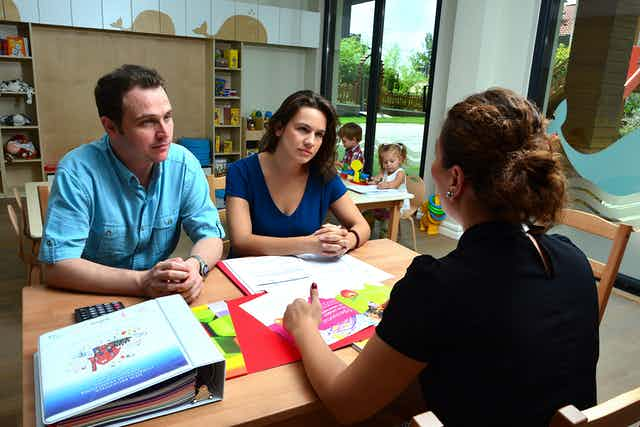
Already a month into the school year, and after two years of disrupted learning by COVID-19, students with special education needs have been deeply affected. Individual education plans (IEPs) have become a crucial part of the education system. And the number of students on IEPs is growing across Ontario public schools.
IEPs are created for students who are defined as exceptional, in order to consider their individual needs (whether behavioural, communicative, physical, intellectual) and support their optimal learning potential.
An exceptional student in education refers to a child who has been identified as gifted or as having a disability. Many children who are not identified as exceptional can still have an IEP that is “non-identitified.” This allows them to receive special supports within their educational journeys.
If an IEP is inaccurate, a child’s learning needs will not be met. IEPs are meant to be constructed by a team of professionals in collaboration with parents, as each stakeholder has different information about the child. Parents who have busy schedules may not feel as though they can make a valuable contribution to their child’s education and discussions about an IEP. Or they may lack the awareness of their parental rights when it comes to participating in the IEP process. This means they may be wrongly left out of the conversation.
Read the full article written by York University Faculty of Education Ph.D. Student Tori Trajanovski on the Conversation website.
